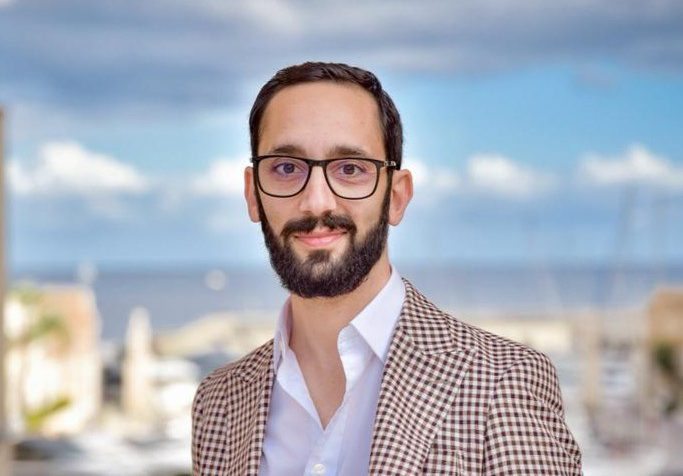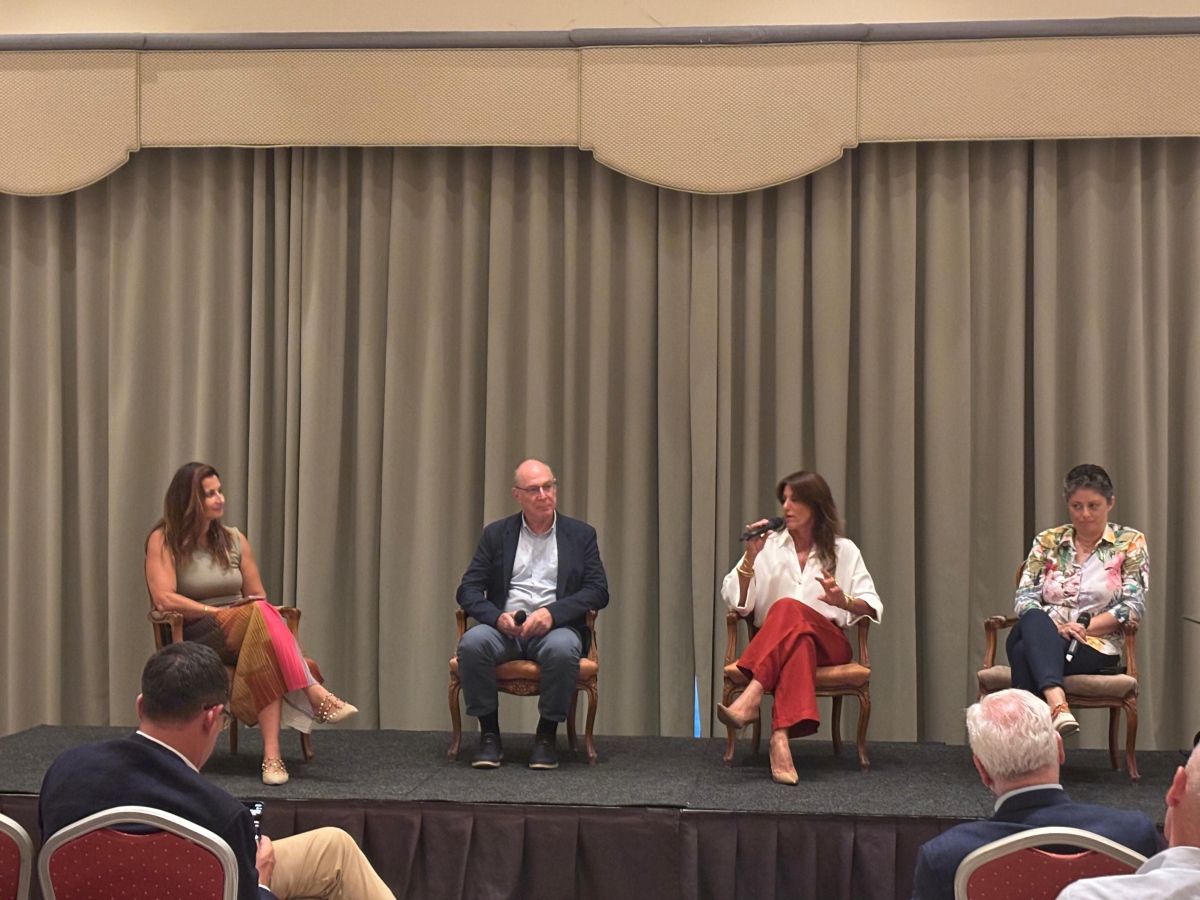The topic of anxiety and its impact on the workforce is gaining increasing attention, particularly in HR and management circles, as businesses grapple with the balance between employee well-being and productivity.
During the recent Hygeia 2024 conference, a panel titled “Anxiety – What is it? Why are so many suffering from it? Are we over-diagnosing it?” brought together experts from various fields to delve into the complexities of anxiety in today’s work environment.
One of the questions that featured the discussion was “Is HR and management concerned about anxiety because it might affect productivity?”

Psychiatrist Rachel (Sasha) Taylor-East, President of the Maltese Association of Psychiatry, first addressed that “anxiety is the most common mental disorder.”
She added that it is not necessarily a negative emotion, as it serves as a natural protector. However, anxiety becomes problematic when it interferes with daily life. Importantly, Dr Taylor-East emphasised the role of employment in aiding recovery from mental health challenges, stating that “meaningful employment helps” in providing structure and a sense of purpose.
Natalie Kenely, Senior Lecturer at the Faculty for Social Wellbeing at the University of Malta, addressed the issue directly, warning that “doing some lip service and taking workers to a day in Gozo is not enough.”

Well-being needs to be a central pillar of any business strategy, and a sudden shift in an employee’s work habits could be a signal that something is wrong, she added.
Clinical Psychologist at the Richmond Foundation, Graeme Hendricks, discussed the close link between stress and anxiety, referencing a study that revealed 55 per cent of Maltese individuals report feeling stressed, and this might be due to workplace stress.
Adding to this, Dr Kenely humorously remarked, “everyone has stress at work, and if you don’t, tell me so I can come work with you,” underscoring the universality of work-related stress.

An HR professional from PwC attending the session also shared her perspective, noting that while HR departments are increasingly aware of mental health issues, they “are not experts.”
However, younger generations are becoming more comfortable discussing sensitive topics, and HR is working to create a safer space for these conversations, she added.
An HR consultant added that long working hours are not always indicative of good mental health and nurturing a “speak-up culture” where employees feel safe voicing concerns is crucial.
Moreover, in today’s fast-paced world, the demands on employees are continually growing, often contributing to higher levels of anxiety.
Even those who are resilient can find themselves overwhelmed by constant anxiety, and Dr Kenely urged the audience to “recognise when you need help.”

Kenneth Farrugia, a Business Sustainability Coach at the Central Mediterranean Business School, added further insight to the conversation by citing a study he conducted, comparing burnout in Malta to global statistics. His findings revealed that 40 per cent of Maltese workers experience burnout, aligning with global figures.
He also reminded the audience that mental health issues have significant economic consequences, costing the global economy “a trillion US dollars every year.”
The panel concluded with Mr Farrugia’s reminder that “we can’t look at work and life separately, because we spend a lot of time at work.”
This holistic view of mental health underscores the need for management to take an active role in addressing anxiety in the workplace, not just to boost productivity, but to support the overall well-being of their employees.
As the conversation around anxiety continues to evolve, businesses must move beyond surface-level solutions and implement deeper, more meaningful strategies that genuinely prioritise mental health.
Featured Image:
events.workingtown.com
Joseph Sultana set to continue five-year tenure at European airspace body
Mr Sultana began his aviation career in Malta as an air traffic controller before moving into management.
Maria Elena Despott appointed Head of European Commission Representation in Malta
She brings 17 years of experience within the European Commission, combining expertise in legal, economic and communication affairs.
Warren Buffett’s NetJets promotes Stephen Pace to Captain
He began his aviation career in 1997, gaining experience across multiple areas of operations.
CEOs urged to look beyond glittering CVs when appointing directors
MBN panel explores how boards must adapt to match rising C-suite sophistication.








